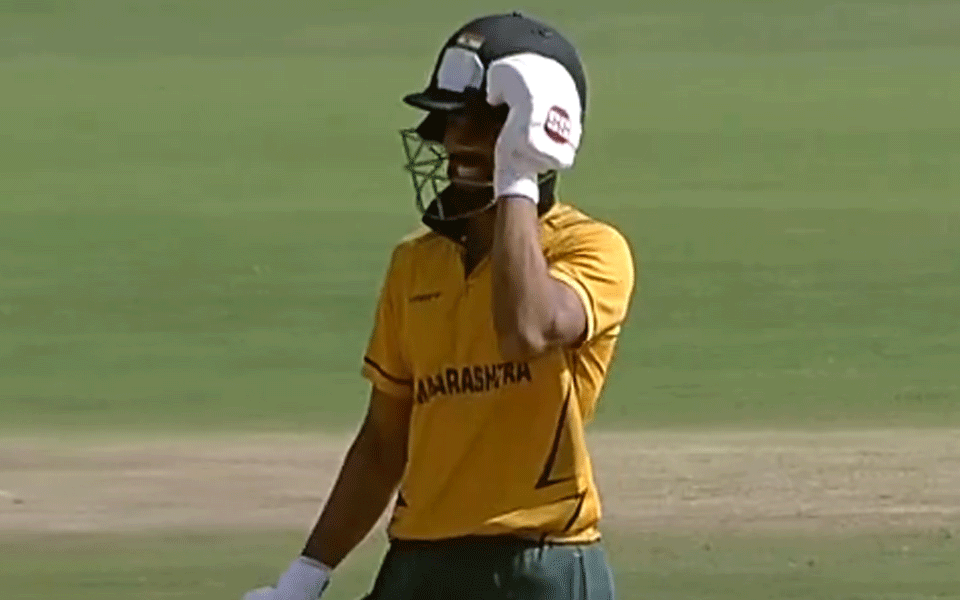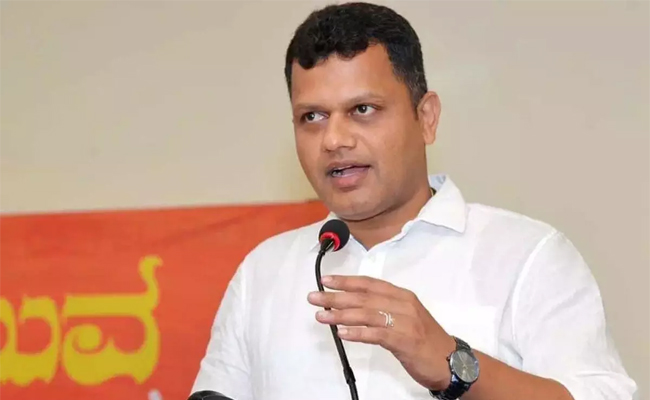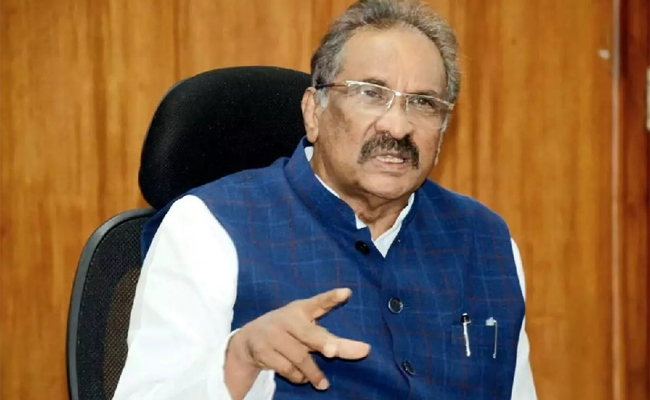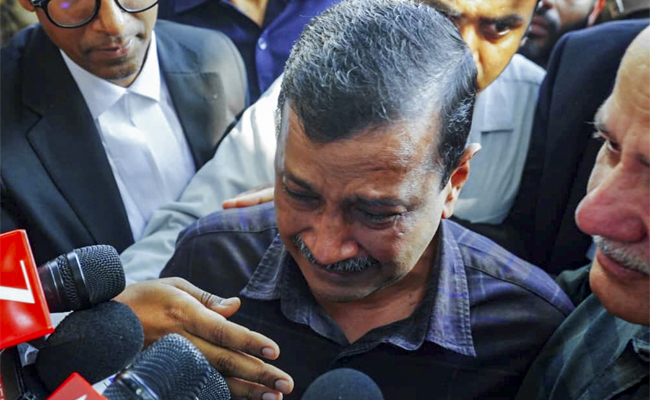Ahmedabad (PTI): In an unprecedented feat, Maharashtra captain Ruturaj Gaikwad smashed seven sixes in an over to set a List A world record in the Vijay Hazare Trophy here on Monday.
The over, the 49th of the innings, fetched him 43 runs, matching the joint effort of Brett Hampton and Joe Carter off Willem Ludick for Northern Districts against Central Districts in a Ford Trophy game from 2018.
Gaikwad rewrote the record in the penultimate over of his team's Vijay Hazare Trophy quarterfinal match against Uttar Pradesh in Ahmedabad, with Shiva Singh being the bowler. It was a seven ball over because of a no ball.
The record for most sixes in an over (overall) is held by Lee Germon of New Zealand, who clubbed eight maximums during a Shell Trophy match in Wellington.
Left-arm spinner Shiva Singh conceded a no ball in the fifth delivery of the over which was also hit over the boundary ropes at the Narendra Modi Stadium B Ground here.
Gaikwad carried his bat through for a sensational knock of 220 runs in 159 balls, which contained 10 boundaries and 16 maximums. Thanks to Gaikwad's knock, Maharashtra posted 330 for five after batting first, with his colleagues aggregating only 96 runs.
The first ball was a low full-toss and Gaikwad smoked it over deep midwicket for the first six. The second one was hit straight down the ground, while he cleared deep square leg for his third maximum. The fourth delivery was tonked over long-off, the fifth, a no ball, was played almost in the same direction, and the batter took full advantage of the free hit by hammering it over long-on and reach his double century.
The seventh and final ball was smashed over deep midwicket.
The batter, thus, joined an illustrious list of cricketers who have smashed at least six consecutive sixes in an over, including Sir Garfield Sobers, Ravi Shastri, Herschelle Gibbs, Yuvraj Singh, Ross Whiteley, Haztratullah Zazai, Leo Carter, Kieron Pollard and Thisara Perera.
As far as the bowler on this occasion is concerned, he went for 88 runs in nine overs.
6⃣,6⃣,6⃣,6⃣,6⃣nb,6⃣,6⃣
— BCCI Domestic (@BCCIdomestic) November 28, 2022
Ruturaj Gaikwad smashes 4⃣3⃣ runs in one over! 🔥🔥
Follow the match ▶️ https://t.co/cIJsS7QVxK…#MAHvUP | #VijayHazareTrophy | #QF2 | @mastercardindia pic.twitter.com/j0CvsWZeES
Let the Truth be known. If you read VB and like VB, please be a VB Supporter and Help us deliver the Truth to one and all.
Mangaluru: The long-pending demand of passengers from Dakshina Kannada, Udupi and neighbouring Kerala, as well as Non-Resident Indians, has finally been addressed, with direct flight services between Mangaluru and Muscat set to resume from March 1, said MP Brijesh Chowta.
In a statement, he said a large number of people from the coastal region travel to Muscat for employment and business purposes, and there had been strong demand to restart the direct service. He said he had written to the Union Ministry of Civil Aviation requesting the resumption of the flight. Following this, Air India Express will operate the service.
As per the current schedule, the flight will operate twice a week, on Sundays and Tuesdays. The direct service is expected to reduce travel time and provide major relief to NRIs by enabling them to travel directly to their hometown.
The sudden suspension of the Mangaluru–Muscat direct flight had caused serious inconvenience to thousands of passengers from the coastal belt settled in Muscat. Those travelling to Mangaluru were forced to take connecting routes via Delhi, Mumbai or Kannur.





